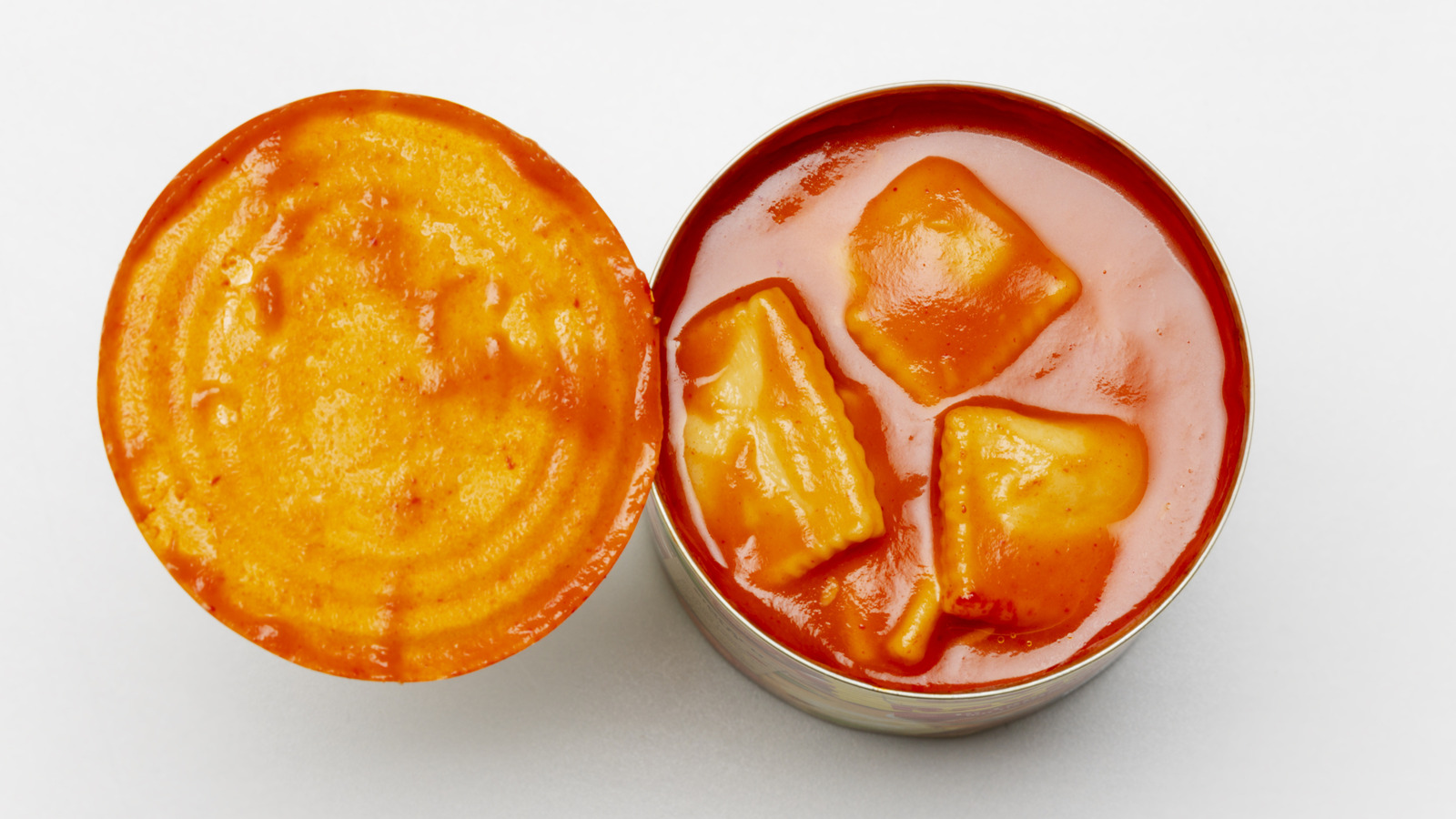UK households urged to avoid using electric fans during 35C heatwave - Leeds Live
Experts are cautioning individuals against using a fan in potential 35C heatwave conditions - which could strike the UK this upcoming weekend - as per the latest Met Office predictions. Parts of the UK have experienced highs of 29C this week, particularly in London and the South West, while even the north of England has basked in unusually warm weather.
So far, fortunately, the temperature has remained cool enough for fans to function. However, if the temperature rises beyond what we've seen this week, electric fans will cease to be beneficial - they will become ineffective and may actually cause more harm than good, experts warn.
It might seem counterintuitive, but fans aren't the solution when the heat becomes truly intense, for a rather surprising reason.
British homes can be dreadful places during a heatwave. This is because, due to our temperate climate and chilly winters, they're built to retain heat, utilising heavy-duty bricks, insulation, double or even triple glazing, and thick roof tiles to keep as much warmth inside as possible, reports the Express.
This works wonders on a frosty December morning, but during a muggy and humid spell, it can become a real challenge to cope with the hot conditions, especially since the vast majority of UK homes lack air conditioning units. However, a fan isn't the solution when temperatures soar above 35C, which they very well might do in the coming days.
The Government's heatwave plan cautions that using a fan during sweltering conditions might actually increase room temperatures if the mercury rises above 35C.
The UK government's guidance advises: "Homes can overheat and become uncomfortable during warmer weather, particularly when you are trying to sleep. Use electric fans if the air temperature is below 35C, but do not aim the fan directly at your body as this can lead to dehydration."
"Despite the breeze they create, fans don't cool down rooms; they merely circulate air, which could give a misleading sense of relief while neglecting proper hydration or cooling methods. To keep cool, it's recommended to shade windows, enhance airflow, draw curtains, hydrate regularly, take cold showers, and avoid direct sunlight.
"As the climate continues to warm, with all the warmest UK years since 2002 and July 2022 seeing record-breaking temperatures over 40C, this advice will become increasingly pertinent. It is estimated that 2,803 people aged 65 years and over died due to the heat in England in 2022, and it is predicted that the number of heat-related deaths per year may triple by 2050.
"Hot weather can increase the risk of heart attack, stroke, lung problems and other diseases. Older people, babies and young children are more likely to be unwell from hot weather because their bodies are less able to regulate temperature. People with underlying medical conditions can also be vulnerable to the effects of hot weather.
"Many of the harms linked to heat exposure are preventable if a few simple actions are taken. During the summer, UKHSA will work with the Met Office to issue alerts alongside the weather forecast if the weather is so hot that it has the potential to affect people's health, and will help you to take steps to protect yourself and others."
Story Saved
You can find this story in My Bookmarks.Or by navigating to the user icon in the top right.











:max_bytes(150000):strip_icc()/Sirloin_Tips_006-14657e7dd39f4b7981505c7818e5dff9.jpg)
